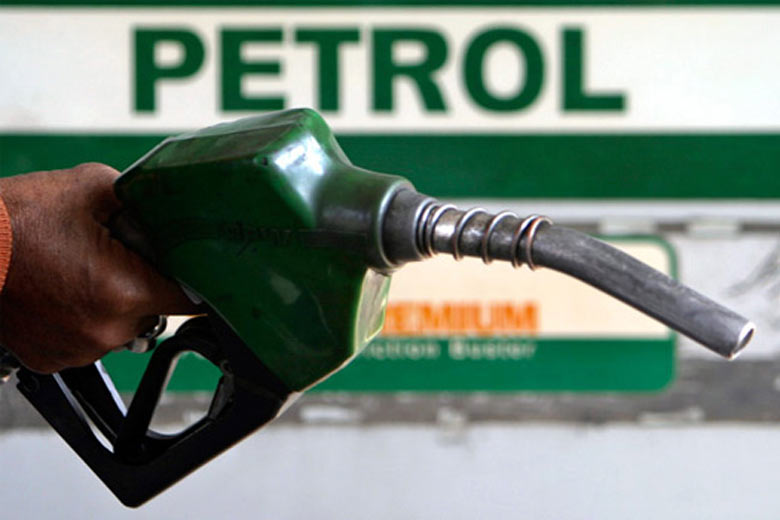Economy
Scarcity: NBS Puts Average Price of Petrol at N191/Litre

Many Nigerians are still paying far above N145 per litre pump price of petrol approved by the Federal Government for the product, a report of the National Bureau of Statistics has indicated.
The NBS in its Premium Motor Spirit (petrol) price watch for January stated that on the average, Nigerians paid the sum of N190.9 per litre for the product.
This is about N46 per litre higher than the official pump price of the product.
The report, a copy of which was made available to our correspondent by the NBS on Friday, is based on the actual amount spent by households for the purchase of the PMS across the federation.
According to the report, consumers in Osun State were the worst hit as they paid N228.89 for the product in January.
This is an increase of 36.2 per cent over the amount which the product sold in December in the state.
Abia and Benue states followed as consumers N227.5 and N223.33 per litre respectively, for the product.
On the other hand, the report gave states with the lowest price of petrol as Zamfara, N159.12 per litre; Gombe, N157.73; and Kogi, N152.83.
Many states in the North and other parts of the country are still suffering untold hardship caused by the severe scarcity of petrol.
Kaduna, Nasarawa and Niger states as well as the Federal Capital Territory have been experiencing persistent petrol scarcity since last year, even as the queues for the PMS have spread to other states.
Speaking on the impact of the fuel crisis on the economy, financial analysts said there was a need for the Federal Government to adopt a “smart card initiative” to address the problem.
They said this would enable interested owners of commercial vehicles, including official vehicles owned by educational institutions, hospitals, religious bodies and government agencies to register and obtain the card for purchasing fuel at regulated prices from petrol stations owned by the Nigerian National Petroleum Corporation.
The Head, Banking and Finance Department, Nasarawa State University, Keffi, Uche Uwalaka, in a chat with our correspondent, said the model which had already recorded huge success in Egypt and Libya would help to address the lingering issue of fuel scarcity in the country.
He said the need to adopt the model had become imperative following the claims that the N145 per liter pump price of petrol was no longer sustainable as a result of the high price of crude oil in the international market.
Uwaleke, an associate professor of finance, recommended that with the smart cards, which would be swiped at the NNPC filling stations, consumers would be able to buy a limited amount of subsidised fuel, and would need to pay a market price for any extra amount of fuel needed.
He added that private car owners, on the other hand, would be expected to buy fuel at market prices from petrol stations operated by the private sector.
He said, “The NNPC cannot continue to shoulder the responsibility of petroleum products imports alone without the support of the private sector.
“Indeed, many argue that fuel subsidies come with negative consequences for the economy including encouraging wasteful energy consumption, creating fiscal burden on government budgets, increasing health and environmental costs of fossil fuels as well as helping to promote inequality.
“In fact, studies have shown that the richest 20 per cent of households in low and middle-income countries use six times more subsidised fuel than the poorest 20 per cent.
“But then, it is equally a fact that the removal of subsidy would have catastrophic consequences on the poorer stratum of society.”
He added, “Therefore, the right balance that guarantees minimal distortion to the economy is for Nigeria to domesticate a model which has been used with some degree of success in some oil producing countries in Africa notably Egypt and Libya.
“It is the fuel smart-card initiative whereby interested owners of commercial vehicles, including official vehicles owned by educational institutions, hospitals, religious bodies and government agencies would be required to register and obtain smart cards for purchasing fuel at regulated prices from the NNPC petrol stations.”